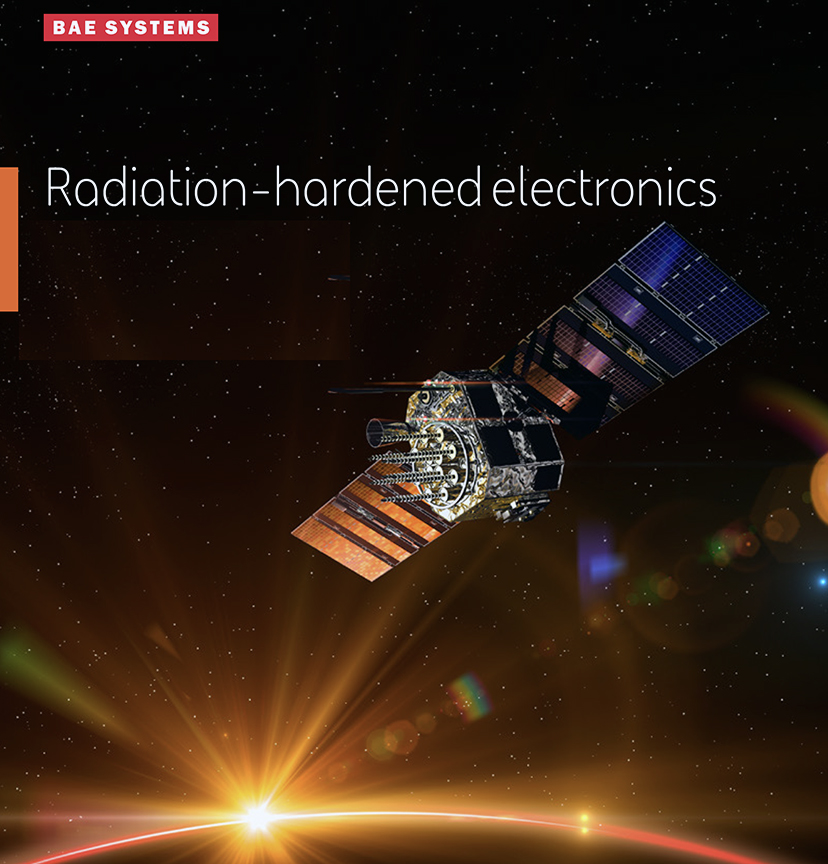
BAE Systems’ radiation-hardened electronics recently reached an unprecedented milestone marking 10,000 cumulative years on orbit. The company’s technology has powered satellites and spacecraft for almost 30 years, delivering long-lasting computing in extreme environments.
BAE Systems single board computers provide next-generation spacecraft with the high-performance onboard processing capability needed to support space missions for civil, commercial, and national security customers. These computers command Mars rover terrestrial operations, such as image and data collection, and direct guidance, navigation and control for satellites, including telemetry, health, and status information.
The company’s newest Single Board Computer (SBC), RAD5545®, delivers improvements in size, speed, and power-efficiency over its proven predecessors in the unforgiving space environment. BAE Systems also offers a suite of radiation-hardened Serial RapidIO network products, including the RADNET™ 1848-PS, an 18-Port RapidIO Packet Switch, and the RADNET 1616-XP Crosspoint, a protocol agnostic SerDes signal circuit switch and replicator. These networking devices complement the RAD5545 SBC and allow the user to efficiently manage and route data through the system.
BAE Systems radiation-hardened electronics are produced at the company’s facility in Manassas, Virginia, which is a U.S. Department of Defense Category 1A Microelectronics Trusted Source. In addition to providing electronics for space, the company’s integrated space-to-ground processing solutions enable real-time decision making and accelerate mission timelines for Department of Defense, national security, civil, and commercial space organizations.
Ricardo Gonzalez, director of Space Systems at BAE Systems, said the company's radiation-hardened electronics are operating aboard more than 300 satellites today and power key national space assets, such as Juno and InSight, that are discovering previously unknown details of deep space. This milestone is a testament to the outstanding reliability of these advanced systems that are able to withstand the harsh conditions of space travel.

